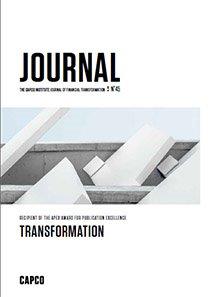Much of the existing literature misunderstands “reach for yield” behavior as an increase in risk-taking in response to low interest rates. By focusing on common stocks – where dividend yields are inversely related to systematic risk – I demonstrate that “reach for yield” instead reflects an increase in the marginal utility of current income in response to low interest rates.
The monthly returns of a long-short portfolio that buys the highest-yielding 10% of stocks and sells the lowest-yielding decile increase by 1.4% for every 1% decline in two-year interest rates. These effects are three times as large when the decline in interest rates is attributable to a fall in the term premium, which suggests unconventional monetary policies may generate especially large increases in the marginal utility of current income.
By increasing the market value of current income relative to future returns, unconventional policy may lead corporate managers to boost shareholder distributions at the expense of capital accumulation.
